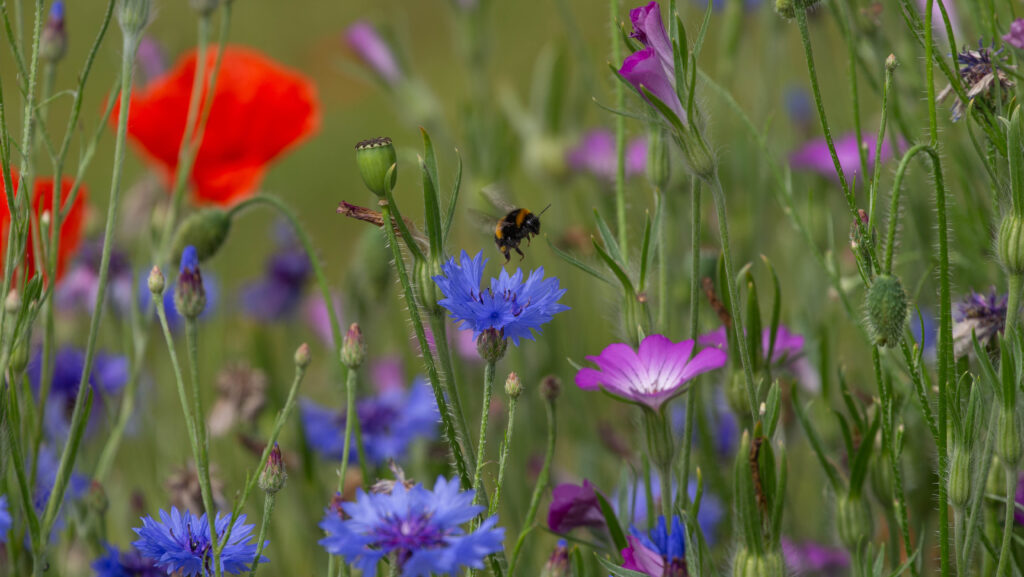Defra moves to impose total ban on neonicotinoids
 © Tim Scrivener
© Tim Scrivener The Labour government has taken a significant step toward banning neonicotinoid pesticides completely, a move likely to provoke strong reactions from the farming industry.
The government has set out its next steps, including identifying legislative options that would legally prevent the future use of three specific neonicotinoids – clothianidin, imidacloprid and thiamethoxam.
The decision, announced on Saturday 21 December, follows years of debate over the chemicals’ impact on vital pollinators, such as bees and butterflies.
See also: Farm sector dismisses neonics link to butterfly demise
Environment minister Emma Hardy explained the move as part of a broader commitment to reversing wildlife decline.
“Protecting bees by stopping the use of damaging neonicotinoids is an important step in supporting the long-term health of our environment and waterways, and our farming sector,” she said.
Neonicotinoids, which have been linked to cognitive problems in bees and persistent soil contamination, were previously banned for general use in the UK.
However, they had been granted emergency authorisations for the past four years by the previous Conservative government to address challenges in sugar beet production.
Beccy Speight, RSPB chief executive, praised the legislative push to permanently prevent their use, saying: “These toxic chemicals have no place in our countryside if we are to reverse nature’s decline and safeguard future food security.”
However, farming groups including the NFU will likely view the ban as another burden on an already struggling sector.
The industry faces volatile input costs, shrinking subsidies, and mounting environmental regulations.
Farmers argue they lack sufficient alternatives to protect crops effectively.
Lack of viable alternatives
The government has promised to support sustainable farming solutions, citing research into virus-resistant sugar beet varieties and alternative pesticides.
Yet concerns remain over the speed and scale of such innovations.
As the UK prepares to implement its National Action Plan on sustainable pesticide use, the farming sector is calling for robust support to balance environmental priorities with food production needs.
Farmers warn that without viable alternatives, the ban could devastate crop yields and livelihoods.

